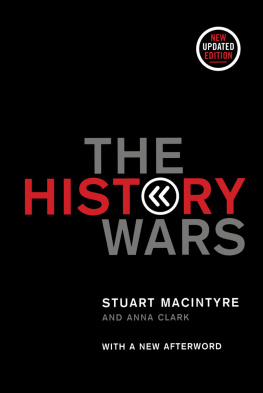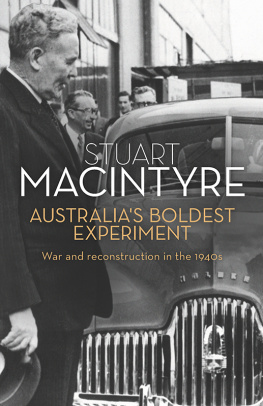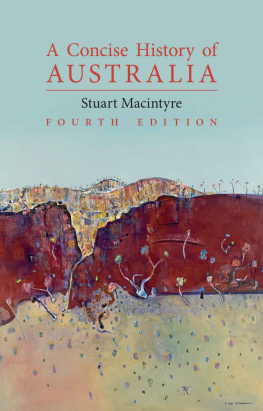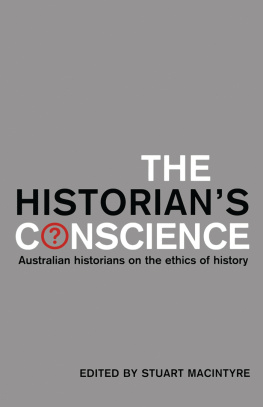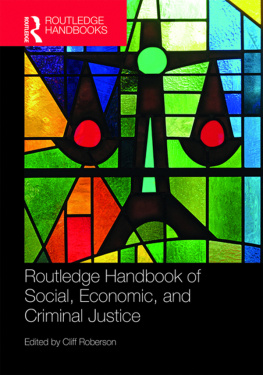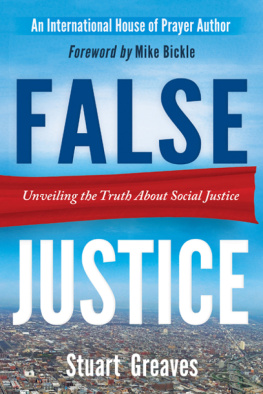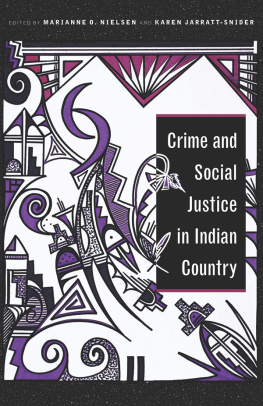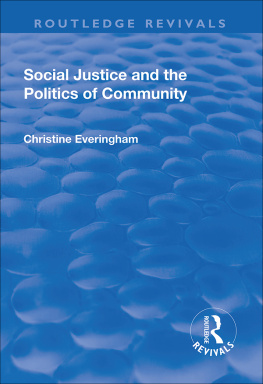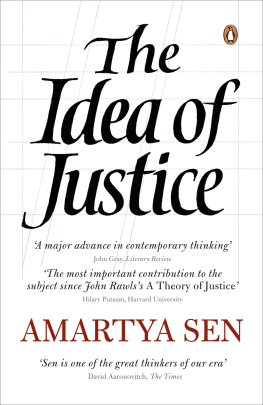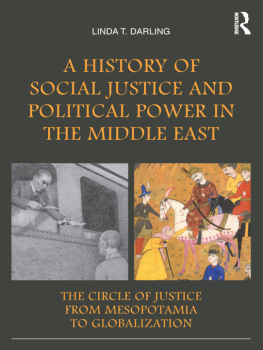WINNERS AND LOSERS
In memory of the Reverend Aubrey Clement Stevens, my grandfather, who believed in social justice
First published 1985 by Allen & Unwin
Published 2020 by Routledge
2 Park Square, Milton Park, Abingdon, Oxon OX14 4RN
605 Third Avenue, New York, NY 10017
Routledge is an imprint of the Taylor & Francis Group, an informa business
Stuart Macintyre 1985
All rights reserved. No part of this book may be reprinted or reproduced or utilised in any form or by any electronic, mechanical, or other means, now known or hereafter invented, including photocopying and recording, or in any information storage or retrieval system, without permission in writing from the publishers.
Notice:
Product or corporate names may be trademarks or registered trademarks, and are used only for identification and explanation without intent to infringe.
National Library of Australia
Cataloguing in publication entry:
Macintyre, Stuart, 1947-
Winners and losers.
Includes index.
ISBN O 86861 470 X.
ISBN O 86861 462 9 (pbk.).
1. Social justice - History. 2. Social classes
Australia - History. 3. Australia - Social conditions
1851-1901. 4. Australia - Social conditions - 20th century. I. Title.
305.0994
Library of Congress Catalog Card Number: 85-71506
Typeset in 10/11 Bembo by
Graphicraft Typesetters Ltd. Hong Kong
ISBN-13: 9780868614625 (pbk)
A study such as this draws heavily on the work of others and the extent of my obligations is declared in the Endnotes. In tackling this literature I was assisted by Sue Currie (who undertook some of the research embodied in ). I was helped also by those with expertise in particular fields who answered my questions, tried to correct my misconceptions and gave generously of their knowledge. I think especially of Diane Barwick, Diane Bell, Bettina Cass, Marie Coleman, Jenny Lee, Davis McCaughey, Allan Martin, Jill Roe and Rob Watts. Others helped me to see more clearly where I was going and I am indebted to Geoffrey Bolton, Martha Macintyre, Rob Pascoe, Belinda Probert, Tim Rowse and Andrew Wells. I am grateful to the Research School of Social Sciences in the Australian National University for offering me the chance to write this book, and to my colleagues in the Social Justice Project for their advice and support. I owe a special debt to Norma Chin for the patience, generosity and discrimination with which she has conveyed my ideas into the word processor, and to Pat Troy who made the Social Justice Project possible.
This book preserves contemporary units of measurement. There are twelve pence to the shilling, twenty shillings to the pound, and one pound is equal to two dollars. A mile is equivalent to approximately 1.61 kilometres and an acre to 0.405 hectares.
Parliament, George Bernard Shaw once remarked, can no more make a political system produce socialism than it can make a sewing machine produce fried eggs. Some might say the same about the state and social justice. Yet for more than a century Australians have called on their parliaments to right wrongs and demanded that the state promote a just society. The purpose of this book is to examine the meaning, intentions and outcomes of this protracted endeavour.
Such a project arouses polite scepticism among many of my colleagues. It is all very well, they tell me, for philosophers to argue over the meaning of justice. But to bring such an imprecise, emotive concern to the study of the Australian past and present is to enter into a tangled thicket of slipshod argument, special pleading and humbuggery how often do we find that fairness is simply a dignified term for self-interest? To adapt the phrase of an eminent historian, social justice is no fit subject for scholars.
The easiest and most common response to these objections is to remove social justice from the hurly-burly of common usage, then scrub it clean so that it can be taken back into the study as an academically respectable concept. There are many examples of such rehabilitation. Characteristically, an economist will settle on a given standard of equity and use it to test market outcomes; or a sociologist will consider the extent to which the educational system satisfies some measure of equality of opportunity. Justice, in this usage, serves as a yardstick against which the facts are measured and if the result falls short of the standard, the investigator can report it without lapsing into normative heresy. As to the standard itself, it can be simple or sophisticated, defined summarily or argued at length. Much of this research is useful: it provides a growing body of information about the distribution of wealth and power and advantage. So, in clarifying assumptions about social justice and their logical consequences, is much of the philosophical and theoretical argument that underpins it.
But it is not the approach adopted here. Historically, social justice is not a unitary concept but one that arose under specific circumstances and changed as the society changed. I am therefore concerned not with what social justice ought to mean but what it did mean. Further, it operated not as a yardstick but as a demand. I am therefore asking not merely the extent to which it was realised in various dimensions of the past but when and how it was thought to be desirable. And again, it was pursued not as an ethical category but as a means of altering actual social relationships, and as such it became tangled up in the web of wider interests. I am therefore looking not just at pleas for social justice but at the political processes to which they gave rise. In the end social justice concerns real human beings in real historical circumstances, with all the untidiness that involves.
Possibly because we are more familiar with it than we are with social justice, the meaning of the state may seem comparatively straightforward. We pay our taxes and we cast our votes. The Commonwealth and State parliaments pass laws, the courts and the police enforce them; we are accustomed to a wide range of services from government instrumentalities and we expect them to settle the differences that arise within our society. But the state itself as a collective term for these and other activities is hardly less slippery than social justice. On the one hand the system of democratic representation that began in Australia more than a century ago serves as an instrument of the popular will: on the other it is an instrument of control and coercion, whether directly as in its policing activities, less overtly as in the rules enforced by the Department of Social Security, or more pervasively still as in its reproduction of social relationships through the family, the school and other areas of civil life. Here lies a crucial paradox. It is to the authority that has maintained the inequalities of citizens that appeals to remedy them have usually been directed. If the state has operated simply as an instrument of class rule, then these initiatives will have been stillborn and so, it might be concluded, will future initiatives. In that case the effort has simply been misdirected. If, on the other hand, the state is not monolithic and if some of its agencies are susceptible to competing interests, then examination might reveal that campaigns in the name of social justice have left some mark.
Yet this formulation falls into the trap of treating the state as a given. Both in its scale and its procedures the state in Australia today is demonstrably different from the state in the middle of the last century. Then there were but five colonies that had just achieved self-government with the sixth still to do so. The entire personnel of these colonies consisted of barely 5 per cent of the national workforce and their expenditure amounted to 10 per cent of the national product today nearly a quarter of the workforce are public employees and a third of all spending is accounted for by government. The growth of the state and its accretion of new responsibilities has coincided with demands that it provide social justice; indeed the notion that the state was concerned with such matters arose with the colonies assumption of constitutional competence. The distinctive features of the modern state its recognition of the juridical equality of all citizens and its need for popular legitimacy, its responsibility for economic management and its omnipresent regulatory and allocatory activities, its large bureaucracy and characteristically bureaucratic procedures these features have their origins in the same conditions that gave rise to demands for social justice. To observe the correlation is not to assume causation the state developed new mechanisms precisely to enforce the consequences of injustice but merely to make the point that the state too is shaped by historical processes.


